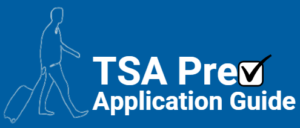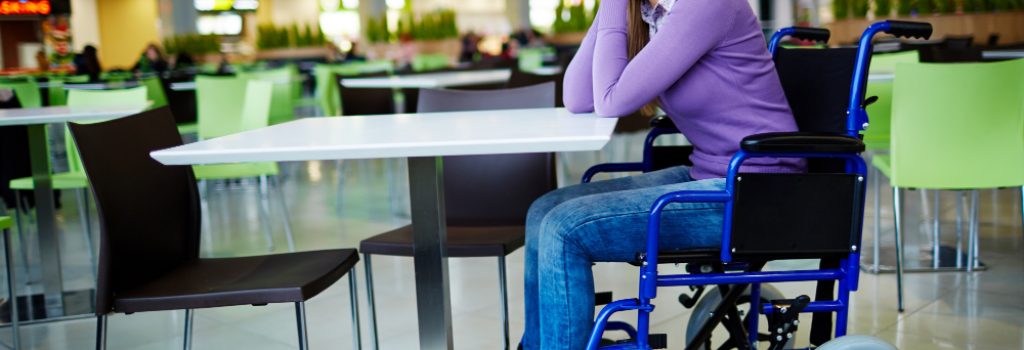Traveling With Disabilities
The Transportation Security Administration (TSA) is committed to ensuring the safety of all travelers, including those with disabilities and medical conditions. The TSA has a number of policies and procedures in place to accommodate the needs of these travelers.
Planning Ahead
The best way to ensure a smooth and easy travel experience is to plan ahead. Here are a few things you can do to prepare for your trip:

- Contact the TSA Cares helpline at 855-787-2227 (toll-free) at least 72 hours before your flight to discuss your specific needs.
- Review the TSA’s website for information on traveling with medical conditions.
- Bring documentation of your disability or medical condition, such as a doctor’s note or prescription.
- If you use a mobility aid, such as a wheelchair or walker, let the TSA know when you check in for your flight.
At the Airport
When you arrive at the airport, be sure to arrive early to give yourself plenty of time to get through security. Here are a few things to keep in mind at the security checkpoint:
- Ask for assistance from a TSA officer if you need help.
- Be prepared to remove your shoes, belt, and light jacket.
- You may be asked to undergo additional screening, such as a pat-down or a swab of your hands.
- If you have a medical device, such as an insulin pump or pacemaker, let the TSA officer know.
- keep an assistant with you for help in an emergency condition.
- keep your urgently required medicines in your hand carry bag with approval from your TSA officer.
- Inform in-time for any serious circumstances regarding your health.
- If you are unable to walk through please use a wheel chair and inform the officials.
- Don’t panic and be patient.
- If you are alone keep your luggage at some safe place near you.
Medical Devices while traveling with medical conditions
The TSA allows you to bring most medical devices in your carry-on luggage. However, there are a few exceptions, such as oxygen concentrators and nebulizers. You will need to contact the TSA Cares helpline to discuss your specific needs if you plan to bring one of these devices.
Here is a list of allowed medical devices while boarding at airport.
- wheelchairs
- scooters
- crutches
- canes
- walkers
- prosthetic devices
- casts
- support braces
- support appliances
- service animals
- apnea monitors
- orthopedic shoes
- exterior medical devices
- assistive/adaptive equipment
- augmentation devices
- continuous positive airway pressure (CPAP) machines & respirators (water in CPAP machines is exempt from the liquid restrictions)
- hearing aids
- cochlear implants
- tools for wheelchair disassembly/reassembly
- personal supplemental oxygen
- CO2 personal oxygen concentrators
- tools for prosthetic devices
- medications
- all diabetes-related medication, equipment and supplies
- Braille note takers
- slate and stylus
- any other disability-related equipment and associated supplies
Service Animals while traveling with medical conditions.
Most airlines allow small dogs and cats to travel in the cabin as carry-on pets. The pet must be able to fit in a carrier that fits under the seat in front of you. Some airlines also allow other small pets, such as rabbits, hamsters, and birds, to travel in the cabin.
Service animals are allowed to accompany travelers with disabilities in the TSA security checkpoint and on airplanes. Service animals must be well-behaved and under the control of their handler at all times.

Tips for Traveling with Disabilities and Medical Conditions
Here are a few additional tips for traveling with disabilities and medical conditions:
- Be patient and understanding with the TSA officers. They are just doing their job to keep everyone safe.
- If you have any questions or concerns, don’t hesitate to ask for help.
- Pack light to make it easier to get through security.
- Bring a copy of your medication list and any other medical documentation you may need.
- Stay hydrated and eat healthy foods to avoid getting sick.
- Here are some tips to avoid mistakes while traveling with TSA
By following these tips, you can help ensure a smooth and enjoyable travel experience for yourself and your family.
Resources
- TSA Cares helpline: 855-787-2227 (toll-free)
- TSA website: https://www.tsa.gov/travel/special-procedures
- Smart Traveler Enrollment Program (STEP): https://step.state.gov/
I hope this article has been helpful. If you have any other questions, please don’t hesitate to ask.

